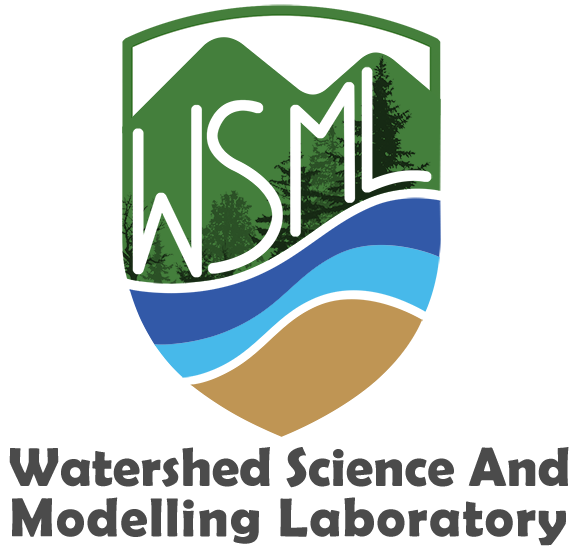With just two percent of Canada’s water supply, Alberta accounts for two-thirds of the country’s agricultural water use. Agriculture is by far the largest consumer of water (60-70%) with beef production as one of the most water intensive commodities. This dependency of the beef industry on water, unreliable rainfall patterns, uneven distribution of water resources, frequent and prolonged droughts, and human factors such as population growth and economic development presents a significant concern for the availability, reliability, and access to this important resource. Moreover, climate change and its impact on water will likely pose further challenges to Alberta’s beef industry. To allow the industry to prepare and explore innovative approaches to meet these challenges, the Watershed Science and Modelling laboratory is conducting a research project to develop process-based models and databases to systematically investigate the water demand and water supply/scarcity relationship at a high spatial and temporal resolution in the province. This research project will determine water related risks and opportunities for the beef industry while considering the impacts of climate change and severity of the conflicts over water resources by other economically important sectors (e.g., municipalities, oil & gas development, other industry, etc.) in the province. The models developed in this study will support Alberta’s beef industry in achieving its sustainability goals to assess resilience of Alberta’s beef production and also provide opportunities to plan for future development.
